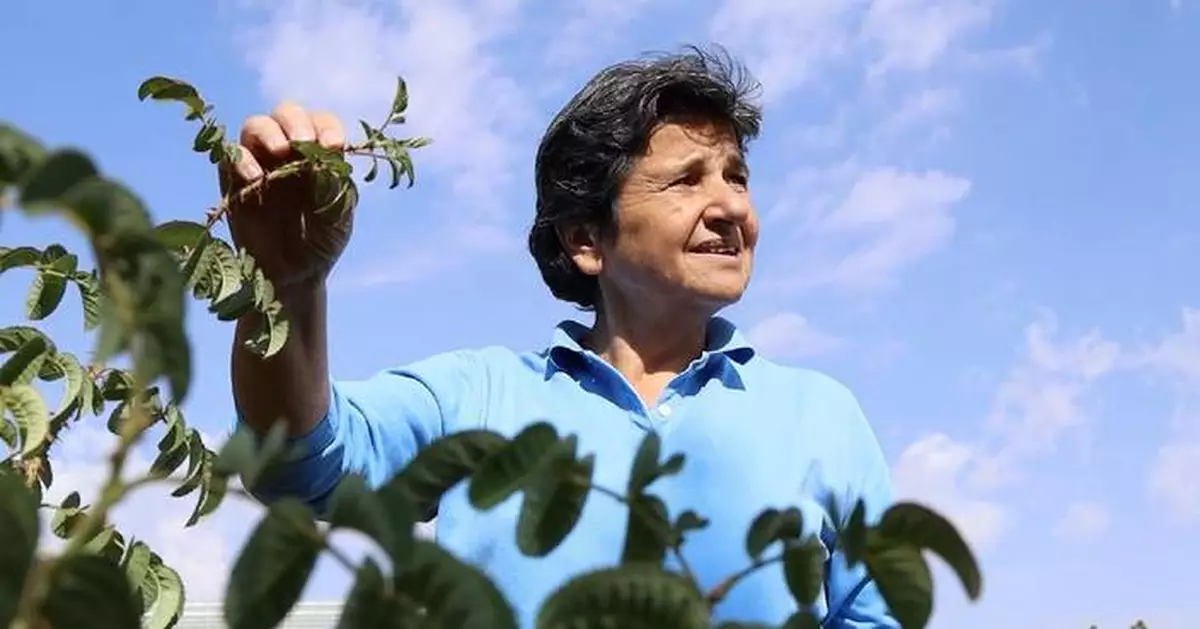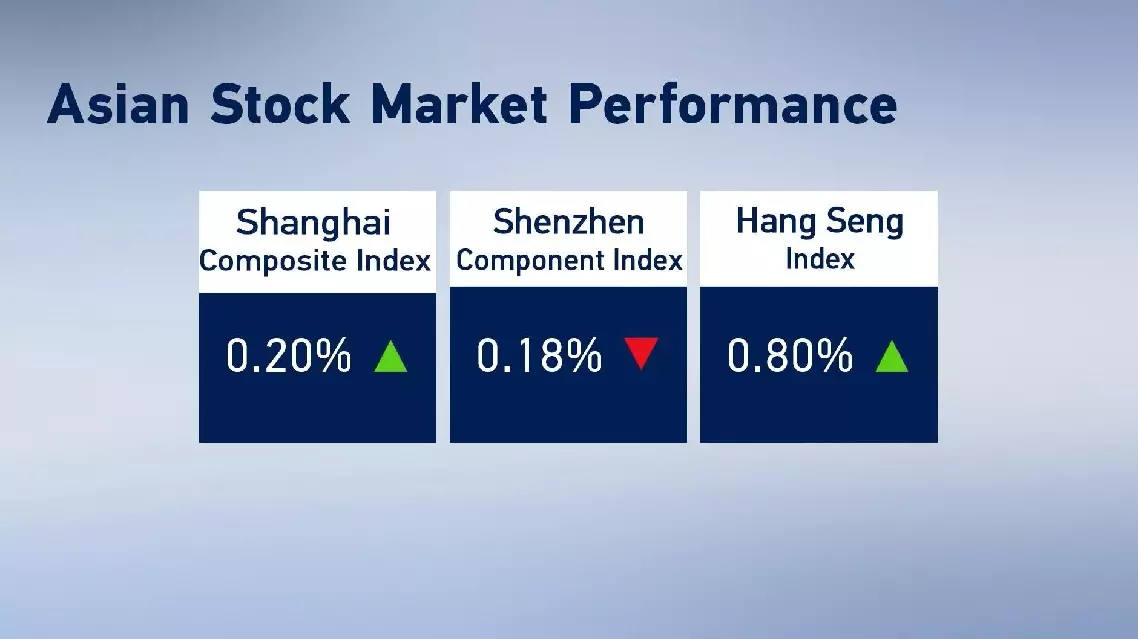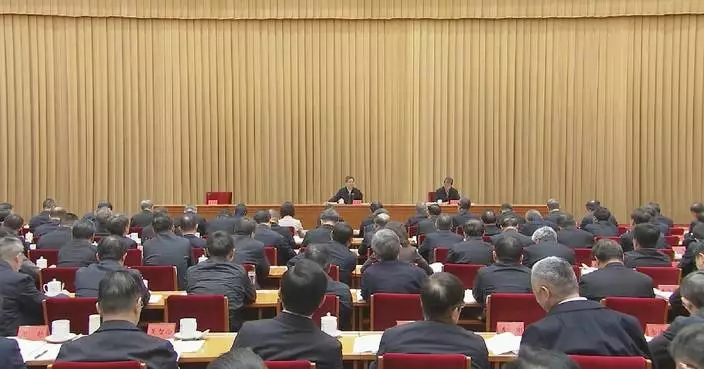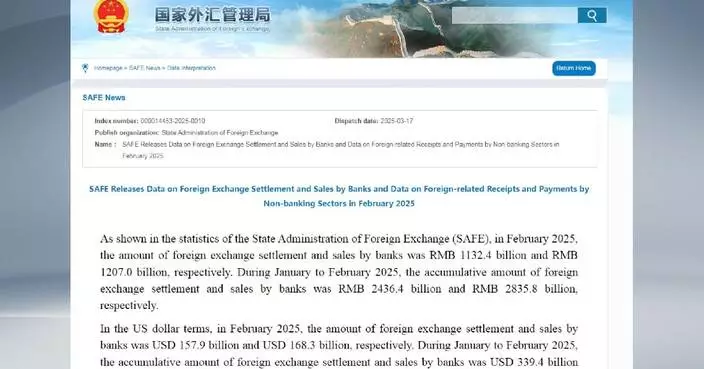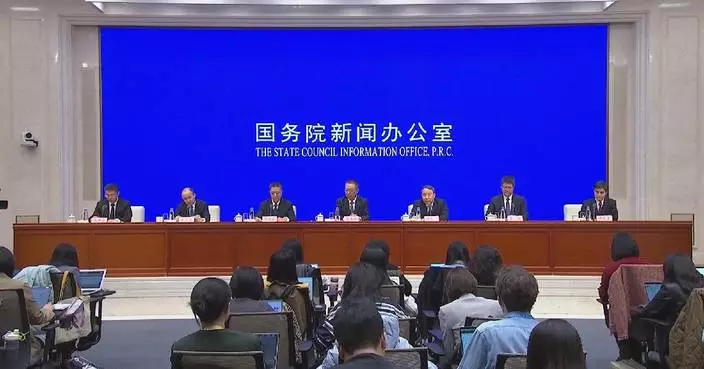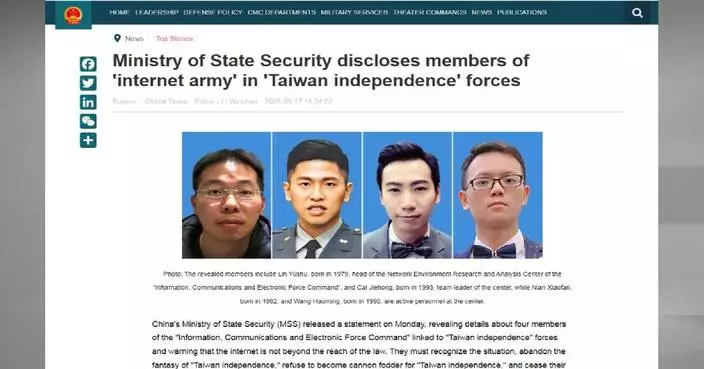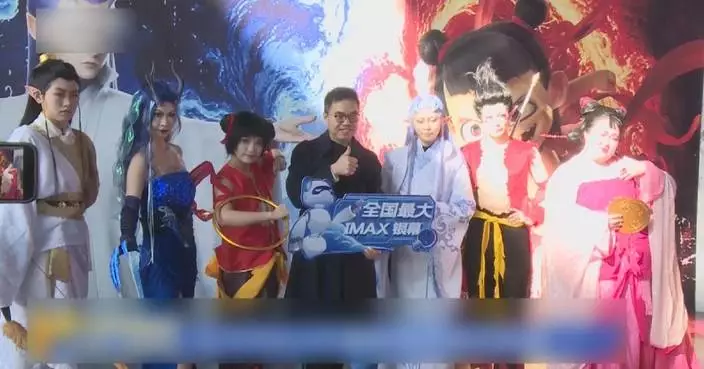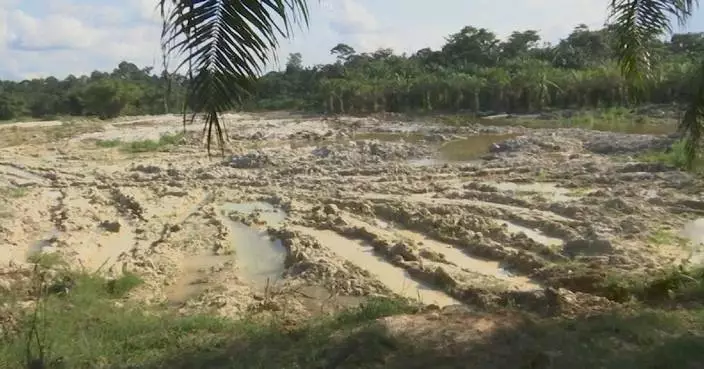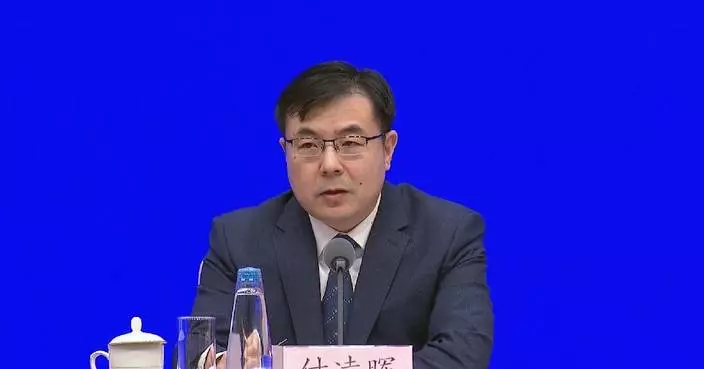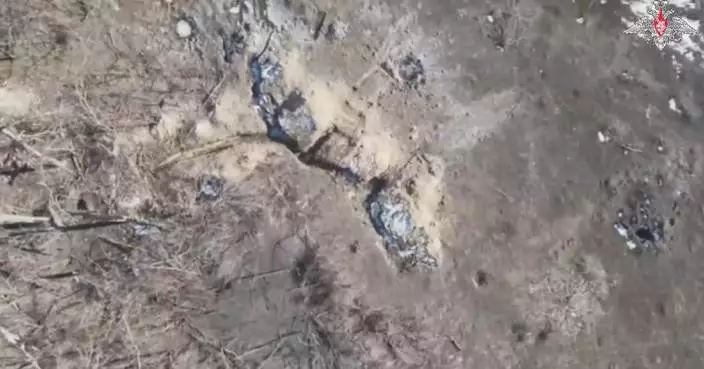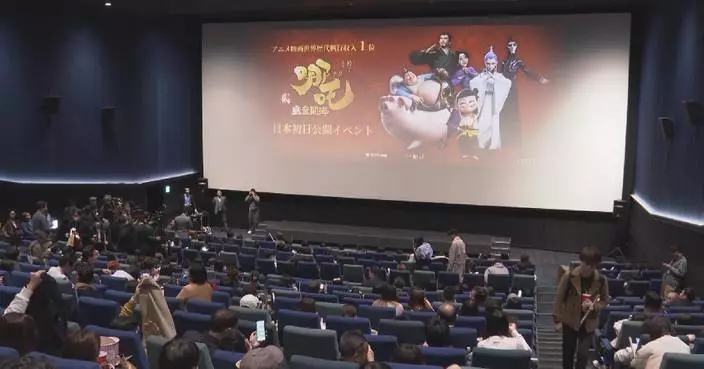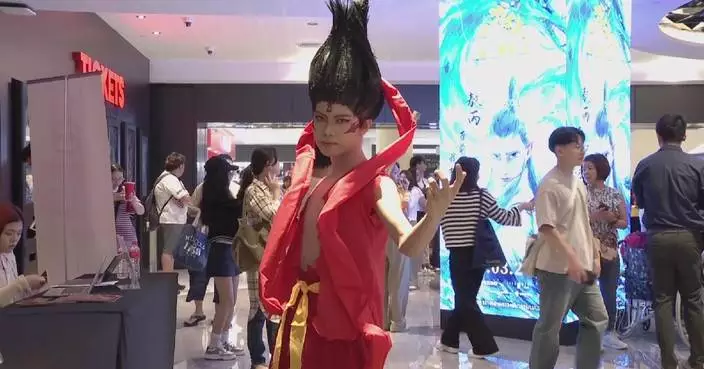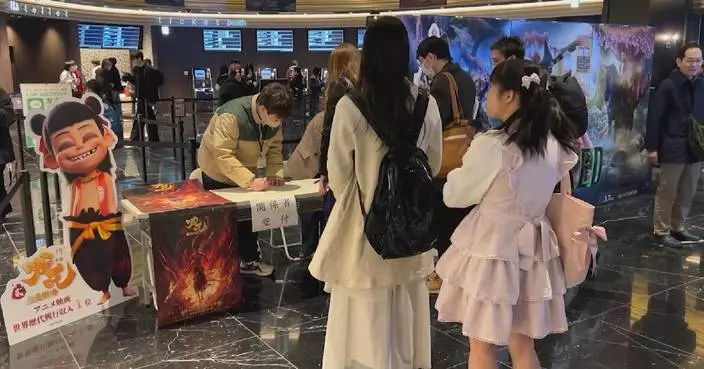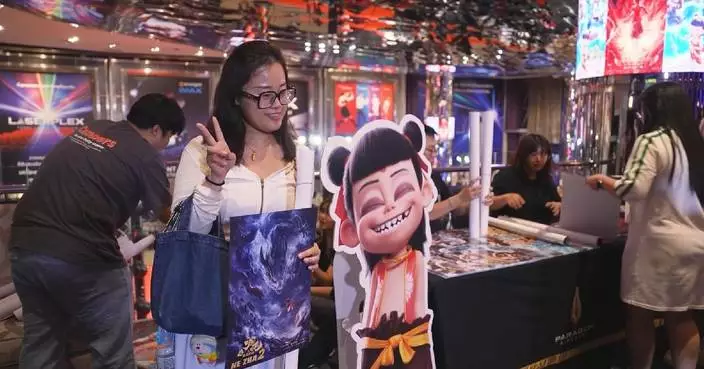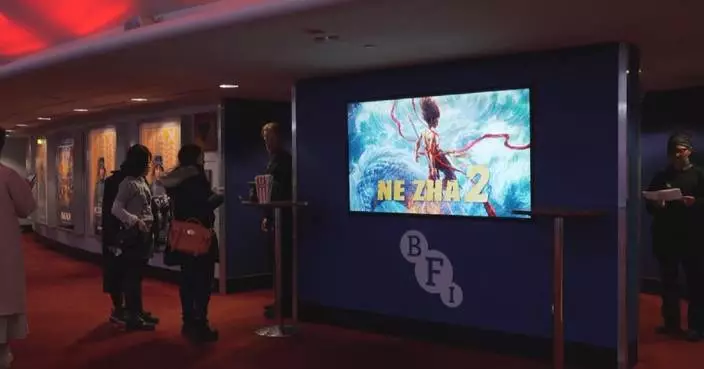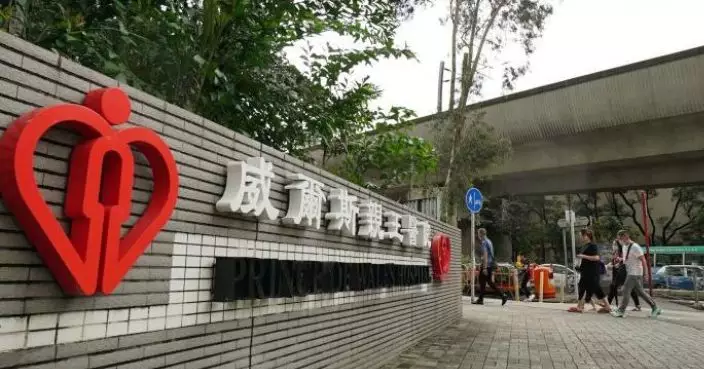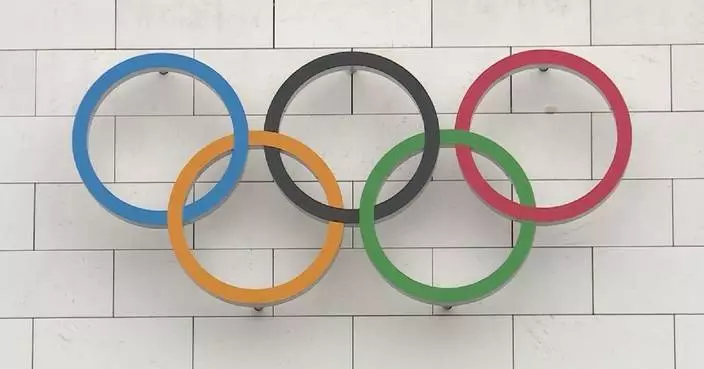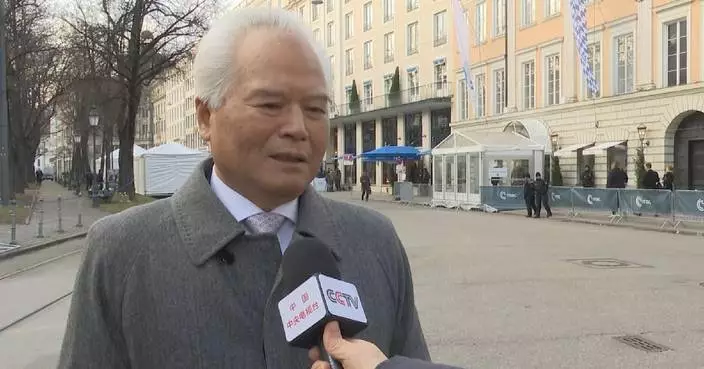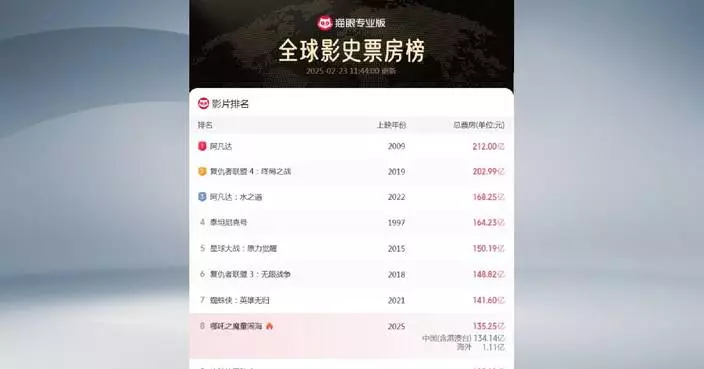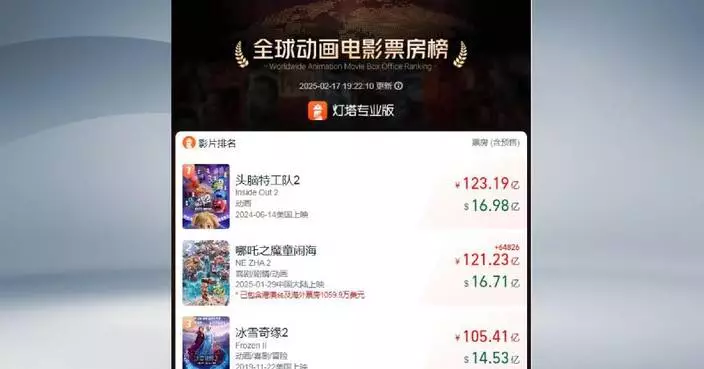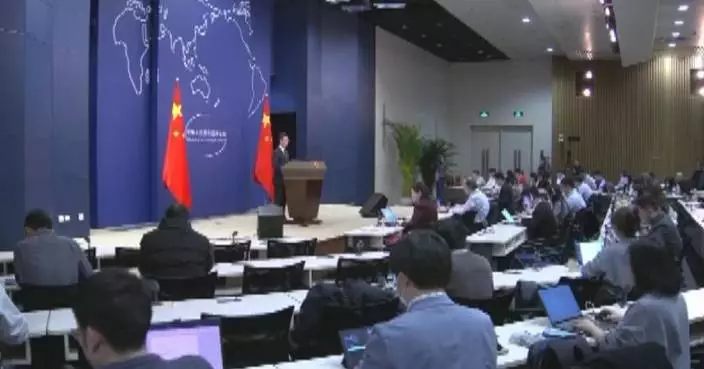As the China International Import Expo (CIIE) continues to serve as a vital platform for international trade, Syrian businesses are seizing the opportunity to expand their reach, despite the challenges posed by Western sanctions.
One notable participant is the BioCham company for natural oil extracts, founded by Roula Ali Adeeb, who is attending the expo for the fourth time.
Her business was built on the Damascena rose - one of the oldest and most sought-after rose strains in the world. This unique rose is cultivated on her four-hectare farm adjacent to her factory, where she produces a diverse range of products, including rose water, rose hydrolat, herb seeds, and various beauty and health extracts.
"The concentration of the oil in the water is higher than anything that you can find anywhere. I'm doing this because I want to [popularize] the word 'Rose Hydrolat' from Damascus Syria," she said.
As the economy of a war-torn country like Syria is in tatters, Adeeb has faced many financial setbacks since the start of the domestic Syrian war due to the weak purchasing power for Syrians, the blockade on the country and inability to participate in any expos in Europe or the U.S. The deterioration continued till she was offered the chance to participate in the CIIE for the first time in 2018, which marked a turning point for her business.
"It is our biggest opportunity to actually be able to sell to China, no matter how little it is, because there is a market. It's hard to go into the European market; it's hard to go into the American market, it's hard. But the Chinese are actually welcoming. Every year, when I think about products and all this, I'll think about China," she said.
Adeeb's factory was damaged in internal clashes in Syria, but she did not give up on her life project. She repaired the damage and continued working, tackling all sorts of shortages in basic needs for production such as fuel, electricity power and work force shortages.
Currently, the safety of her staff is now at stake as her establishment is located in southern Syria where a major escalation between Syria and Israel could unfold.
"We survived the really bad fights here in the area. Now we hope, in the southern region, if Israel comes to hit Syria, it will go over us. We are very close to the south. We worry," she said.
Syria has been trying to set a foothold in the vast Chinese market as compensation for inaccessible global markets, and help is provided for those who wish to participate.
"Most of the world's countries organize expos mostly for promoting their own products but the CIIE does not focus on exports of Chinese products to the world, but on what can enter the Chinese market from outside. And this is why we need to take advantage of this chance by participating with competitive products," said Rania Alahmad, Assistant Minister of Economy and Foreign Trade of Syria.
The business exhibition of the world's first national-level exposition dedicated to imports has attracted about 3,500 exhibitors from 129 countries and regions this year. Notably, a record high of 297 Fortune 500 companies and industry leaders are attending the six-day expo from Nov 5.
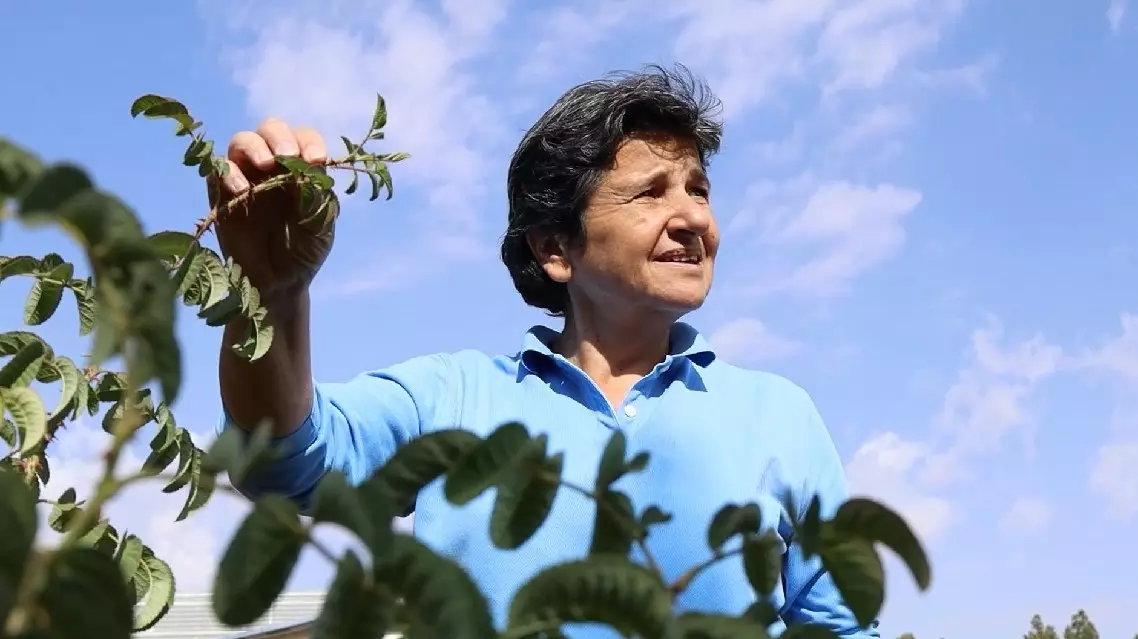
Syrian business seeks growth at CIIE amid Western sanctions


